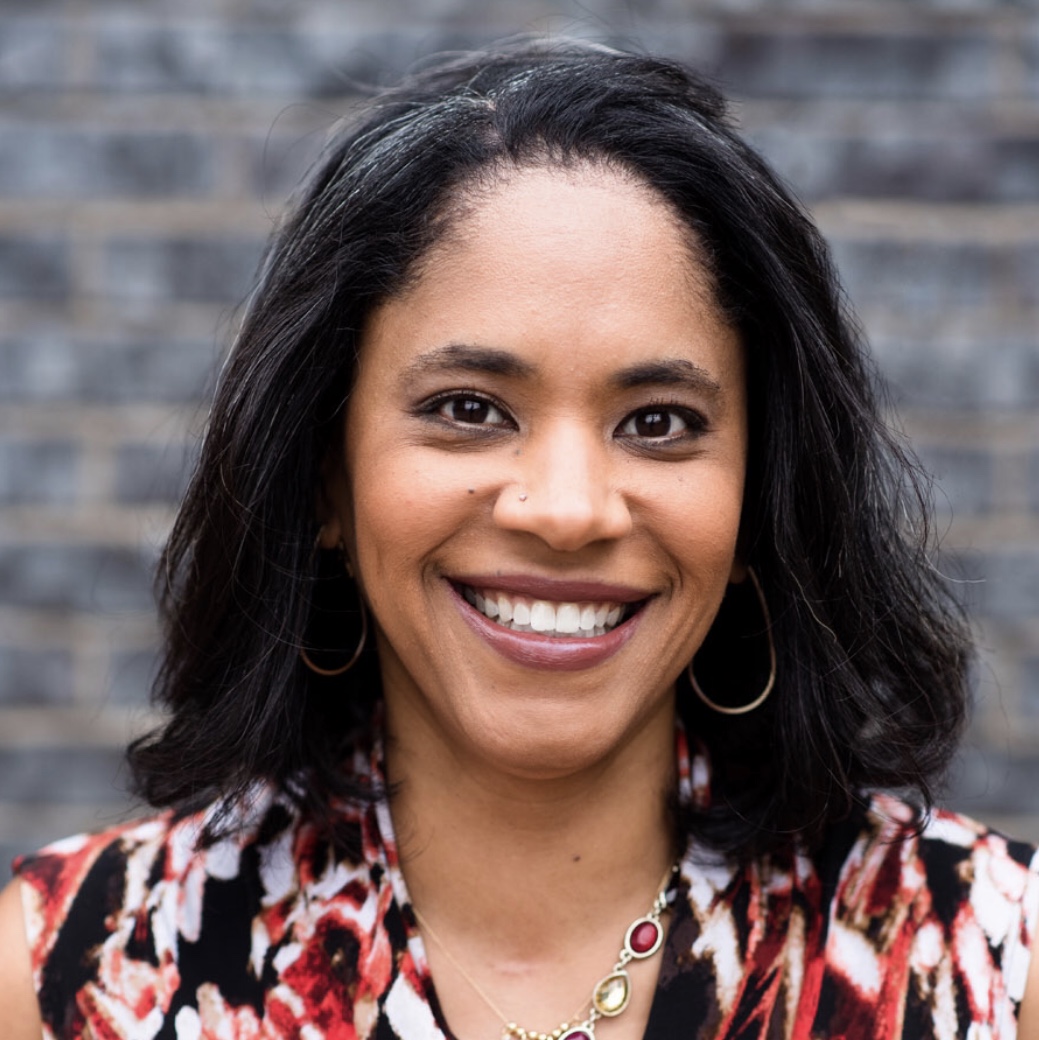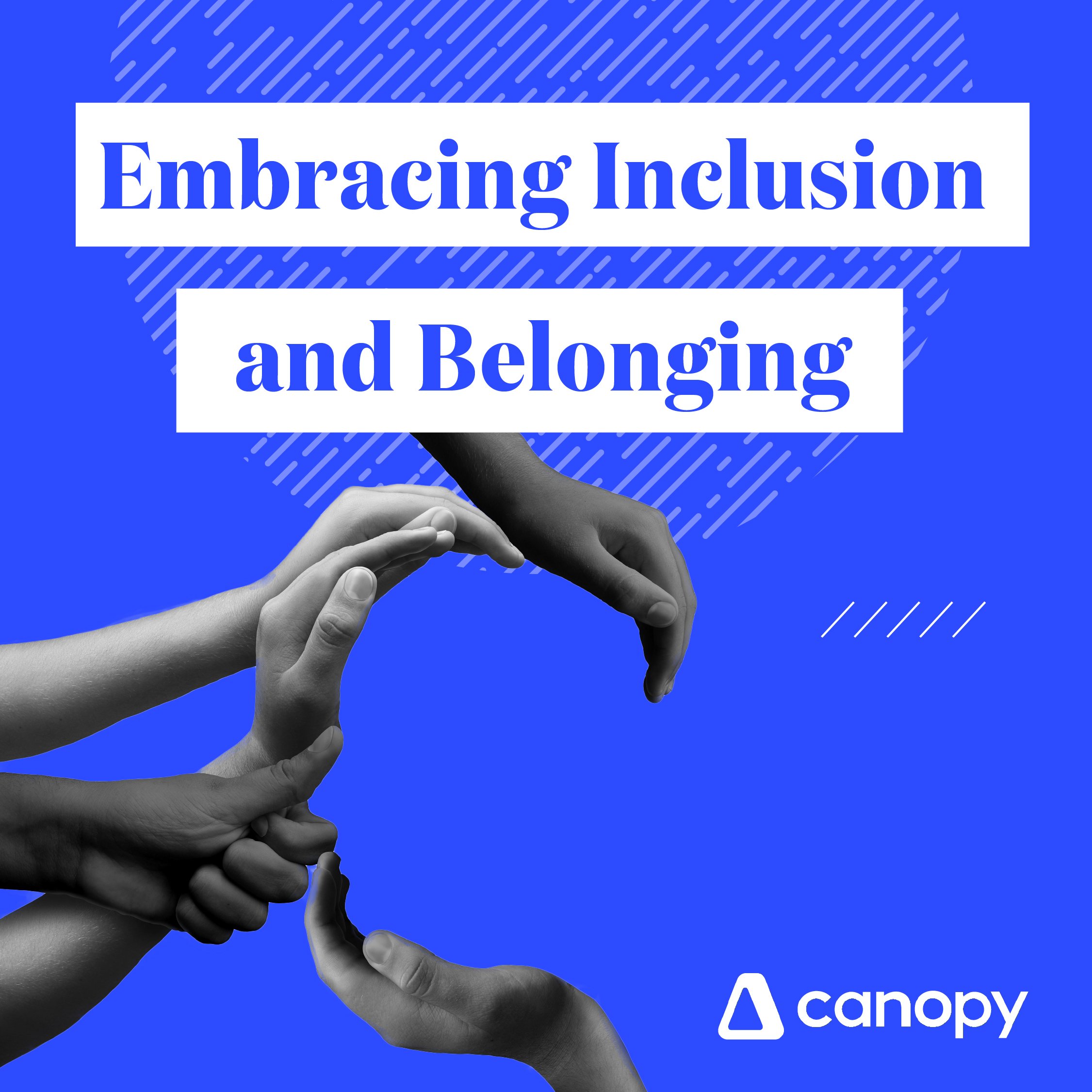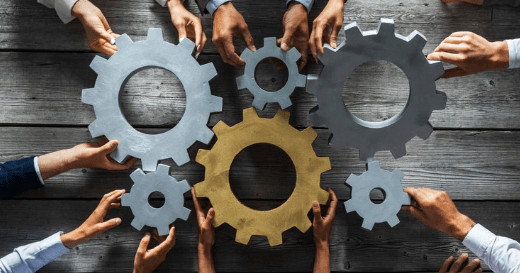In today's fast-paced and ever-changing business landscape, leaders face the challenge of staying relevant to ensure longevity for their organizations. Understanding and embracing inclusion and belonging is a critical piece of the puzzle. Many emphases have been placed on diversity, disproportionately focusing on race, gender, gender identity, disability, and the LGBTQ+ community. To be clear, dismantling systemic barriers, addressing bias, and addressing inequitable practices that have resulted in hidden and visible discrimination against underrepresented and historically marginalized groups is not up for debate — those fall in the "that goes without saying" category.
Until we address those barriers, we will struggle to attract and retain ALL talent, not just minority talent. That said, focusing solely on "fixing" things to improve diversity is the first step of a much longer journey. Our society's demographic makeup is shifting; as a result, the workforce will inevitably become more diverse over the coming years. This means organizations will need to be intentional about building a culture that celebrates differences and empowers individuals to thrive. Celebrating individuals requires a mindset shift that starts at the organization's top and permeates the entire business.
The data is clear — Diverse teams:
- Make better decisions
- Make faster decisions
- Make more ethical decisions
- Process facts more carefully
- Are more innovative
Diversity alone doesn't drive these results; inclusion is required to benefit from diversity, which requires both intention and intentionality. The intention is the culture you envision for your organization — what you want it to feel like working for your company. Intentionality, on the other hand, is the action you take to achieve that goal. Put another way; it's walking the talk – as leaders and organizations.
Leaders need to have a long-term view of D&I that goes beyond simply meeting diversity targets or checking off compliance boxes. It's about understanding that D&I is a fundamental aspect of creating a successful and sustainable business that adapts and evolves with the changing times. Diversity isn't just about employees — clients are becoming more diverse, along with their customers and clients.
I'm talking about a holistic mindset shift that understands that inclusion is not a static concept. Instead, it is dynamic, evolving, and requires ongoing attention, intention, and effort. It means being open to change and willing to adapt as the business's and the world's needs change over time. It requires a willingness to listen and learn from diverse perspectives as leaders and actively work to create an environment where everyone feels comfortable sharing their thoughts and ideas.
The benefits I listed earlier result from tapping into those diverse perspectives and experiences. For many, not just minorities (although they are disproportionately impacted), there is a reluctance to share ideas that fall "outside the lines." Ever want to ask a question, but hold back out of fear of being perceived as stupid? Or, choose to stay quiet when you disagree with an idea out of fear you'll be seen as difficult or uncooperative? Unlocking different ideas and inviting different perspectives requires psychological safety. Psychological safety is believing you won't be punished or humiliated for speaking up with ideas, questions, concerns, or mistakes. It is a pillar of inclusion. Without it, people will not feel to "show" themselves. Creating safe spaces invites and empowers employees to bring fresh ideas and approaches to problem-solving, leading to better decision-making and innovative solutions.
When inclusion is powered by intention, the outcome is belonging. And that is where the magic happens! Belonging is a feeling that you are part of a team where your uniqueness is accepted, valued, and appreciated by your organization and colleagues. It is that intangible but unmistakable feeling of connection and confidence where you are comfortable enough to be genuine (think: authentic), vulnerable (think: open), brave (think: straightforward), and transparent (think: honest) at work. A study by BetterUp found that companies where employees who felt a sense of belongingness saw:
- 56% higher overall job performance
- 50% reduction in turnover risk
- 75% reported taking fewer sick days
Gallup found that companies with more engaged employees are 21% more profitable. According to a study by Deloitte, organizations with inclusive cultures are six times more likely to be innovative and agile and twice as likely to meet or exceed financial targets. This data highlights the correlation between inclusivity, belongingness, and positive business outcomes. Which begs the question: with such clear data, why aren't we seeing wholescale change across the profession? Change can be uncomfortable, and some leaders may resist embracing diversity, inclusion, and belonging due to fear of the unknown, misconceptions about its impact on business outcomes, or unease that comes with trusting correlation over causation.
Uncertainty lies in knowing what changes to make to drive those results. This will require leaders and managers to think differently, try something new, and be comfortable making a few mistakes. This brings us back to the point: valuing diversity, embracing inclusion, and understanding belonging are "table stakes." They are strategic necessities for leaders aiming to create longevity and stay relevant in their businesses. Demographic trends toward a more diverse society demand that leaders adapt to the changing landscape or risk falling behind their competitors and failing to attract and retain top talent.
By fostering an inclusive environment, leaders can cultivate a culture of collaboration, creativity, and adaptability that propels their organizations forward. Now is the time for leaders to reflect on their biases, challenge the status quo and actively champion diversity, inclusion, and belonging. By doing so, they will ensure the longevity and relevance of their businesses and contribute to a more equitable and prosperous future for all. Embracing diversity, and all that is required to realize its potential, is a transformative journey that requires continuous effort. Still, the rewards in terms of engagement, innovation, profitability, and employee retention are worth the effort.

Jina Etienne, CPA, CGMA, CDE® (Certified Diversity Executive), is CEO of Etienne Consulting, LLC, a DEI consultancy practice specializing in inclusive leadership, conscious communications, cultural sensitivity and awareness, empowering authenticity and fostering belonging. Her firm helps organizations identify then implement DEI initiatives, integrate DEI into their training and leadership development programs, and coaches firm leaders and business executives to help them lead inclusive organizations and high performing teams that support diverse talent in meaningful ways through self-awareness, intentionality and mindfulness. She brings a 32+ year career in the accounting profession as an entrepreneur, business consultant and C-Suite leader to her practice. After a 21 year career in public accounting, including 17 years running her own CPA firm, she shifted to serving the profession as a Director at the American Institute of CPAs then President & CEO of the National Association of Black Accountants, Inc. She went on to become the first national leader for D&I at Grant Thornton. She lives in Silver Spring, Maryland, with her husband, two sons, and Doug, their American bulldog.
READ MORE BY Jina






Get Our Latest Updates and News by Subscribing.
Join our email list for offers, and industry leading articles and content.